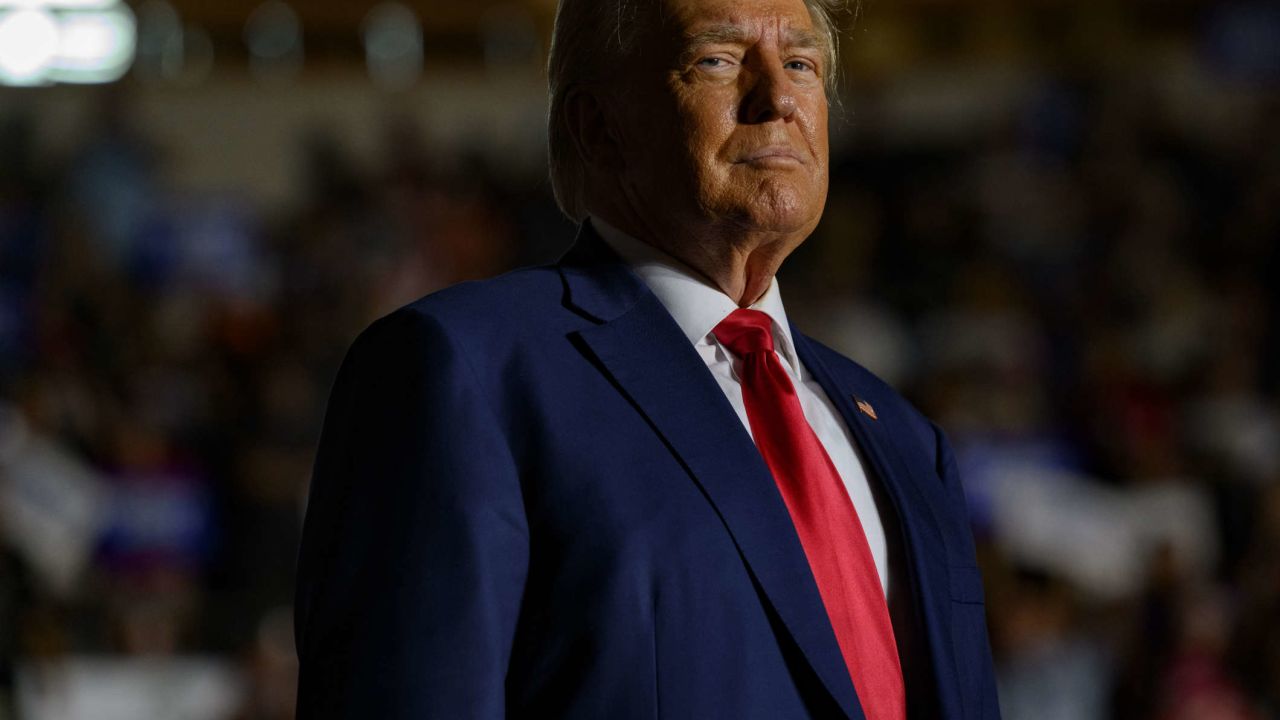It’s been eight years since he rode down the escalator in Trump Tower and more than two years since the January 6, 2021, insurrection — but the legal drama surrounding former Donald Trump has never been more intense.
The former president has now been indicted three times this year. He was indicted by a federal grand jury in the special counsel’s investigation into the aftermath of the 2020 election. He pleaded not guilty in June to dozens of federal counts related to the special counsel investigation into mishandling of classified documents.
In New York, a hush money payment to an adult film star has resulted in his indictment by a Manhattan grand jury over his alleged role in the scheme – the first time in American history that a current or former president was criminally charged.
Here’s what to know about each case:
2020 election and January 6: US Justice Department
Special counsel Jack Smith investigated the period after Trump’s 2020 election loss to Joe Biden and leading up to the insurrection at the US Capitol.
A federal grand jury indicted Trump on four criminal counts Tuesday in the investigation: conspiracy to defraud the United States; conspiracy to obstruct an official proceeding; obstruction of and attempt to obstruct an official proceeding; and conspiracy against rights.
The special counsel’s office sought testimony from a number of key White House insiders, including former Vice President Mike Pence, Trump’s daughter Ivanka Trump and son-in-law Jared Kushner.
Aspects of the Justice Department’s probe include the use of so-called fake electors from states that Trump falsely claimed he had won, such as Georgia and Arizona. Trump had fought to keep former advisers from testifying about certain conversations, citing executive and attorney-client privileges to keep information confidential or slow down investigators.
Trump has been summoned to appear before a magistrate judge in Washington, DC, federal court on Thursday.
Mar-a-Lago documents: Did Trump mishandle classified material?
Smith is also overseeing the Justice Department’s criminal investigations into the retention of national defense information at Trump’s resort.
Trump was initially indicted on, and has pleaded not guilty to, 37 federal charges related to the investigation of documents that were allegedly mishandled when they were taken to Mar-a-Lago in Florida after Trump left office. Last week, Smith charged Trump with three additional counts in a superseding indictment.
The National Archives, charged with collecting and sorting presidential material, has previously said that at least 15 boxes of White House records were recovered from Mar-a-Lago, including some classified records.
Trump was also caught on tape in a 2021 meeting in Bedminster, New Jersey, where the former president discussed holding secret documents he did not declassify.
Hush-money payments: Trump pleads not guilty to criminal charges
Trump has been charged in Manhattan criminal court with 34 felony counts of falsifying business records related to his role in a hush money payment scheme involving adult film actress Stormy Daniels late in the 2016 presidential campaign.
The former president pleaded not guilty. Prosecutors, led by Manhattan District Attorney Alvin Bragg, accuse Trump of falsifying business records with the intent to conceal illegal conduct connected to his 2016 presidential campaign.
The $130,000 payment was paid by former Trump attorney and fixer Michael Cohen to Daniels to remain quiet about an alleged affair between Daniels and Trump years earlier.
Meanwhile in Georgia, Fulton County, District Attorney Fani Willis oversaw a special grand jury investigating what Trump or his allies may have done in their efforts to overturn Biden’s victory in Georgia. Willis, a Democrat, is considering bringing conspiracy and racketeering charges. Willis is expected to present her case to a grand jury this month.
Read about other investigations, lawsuits and controversies Trump faces here.






















